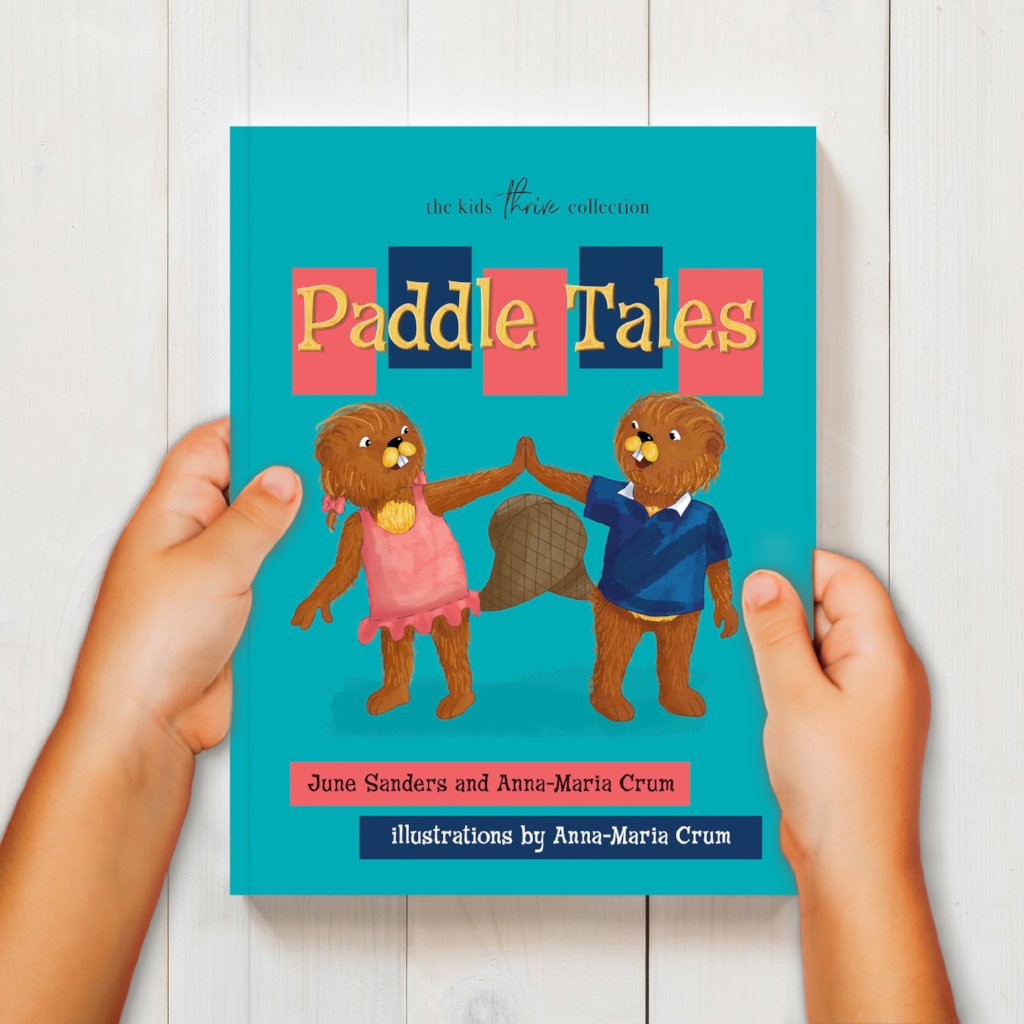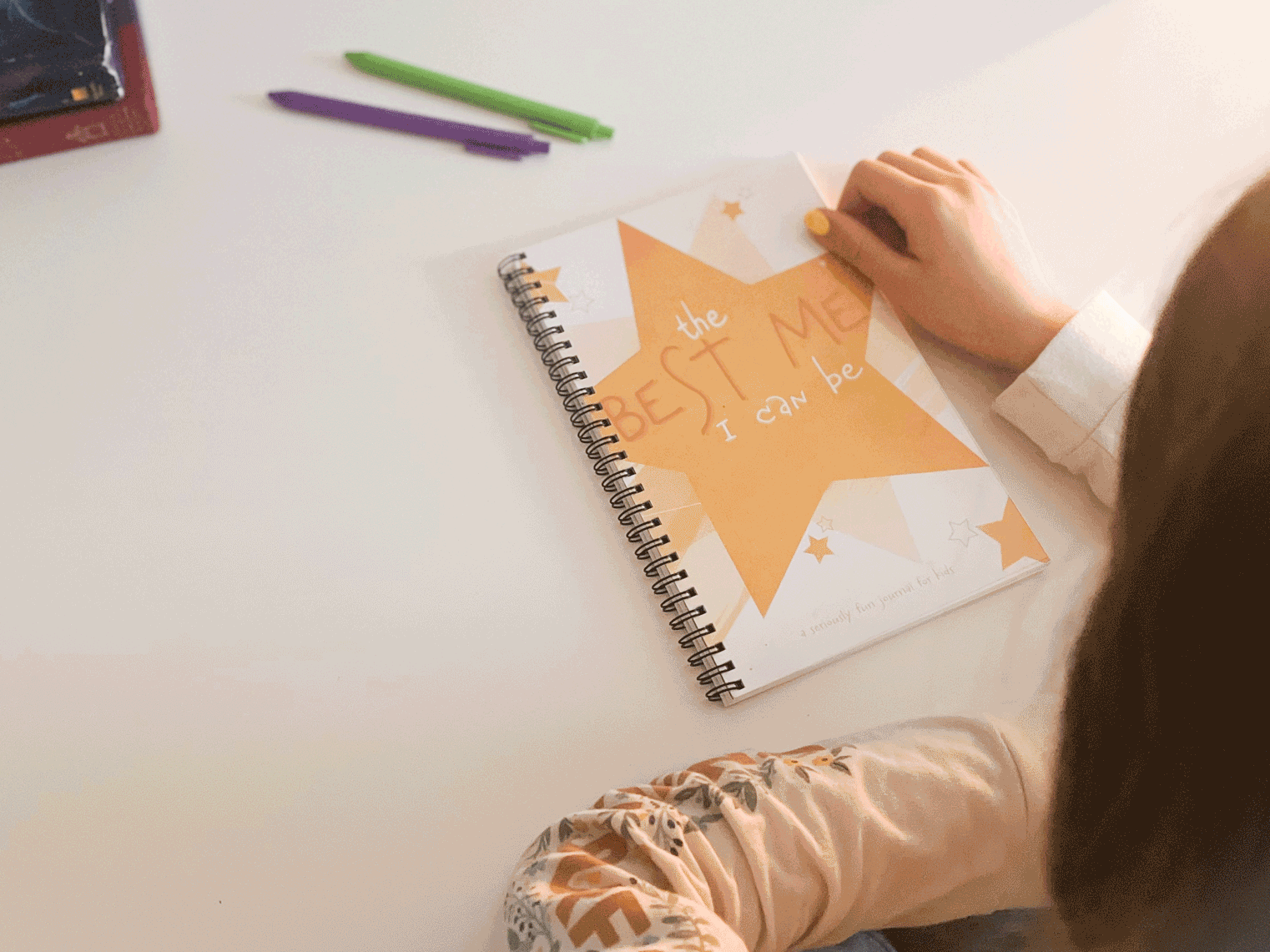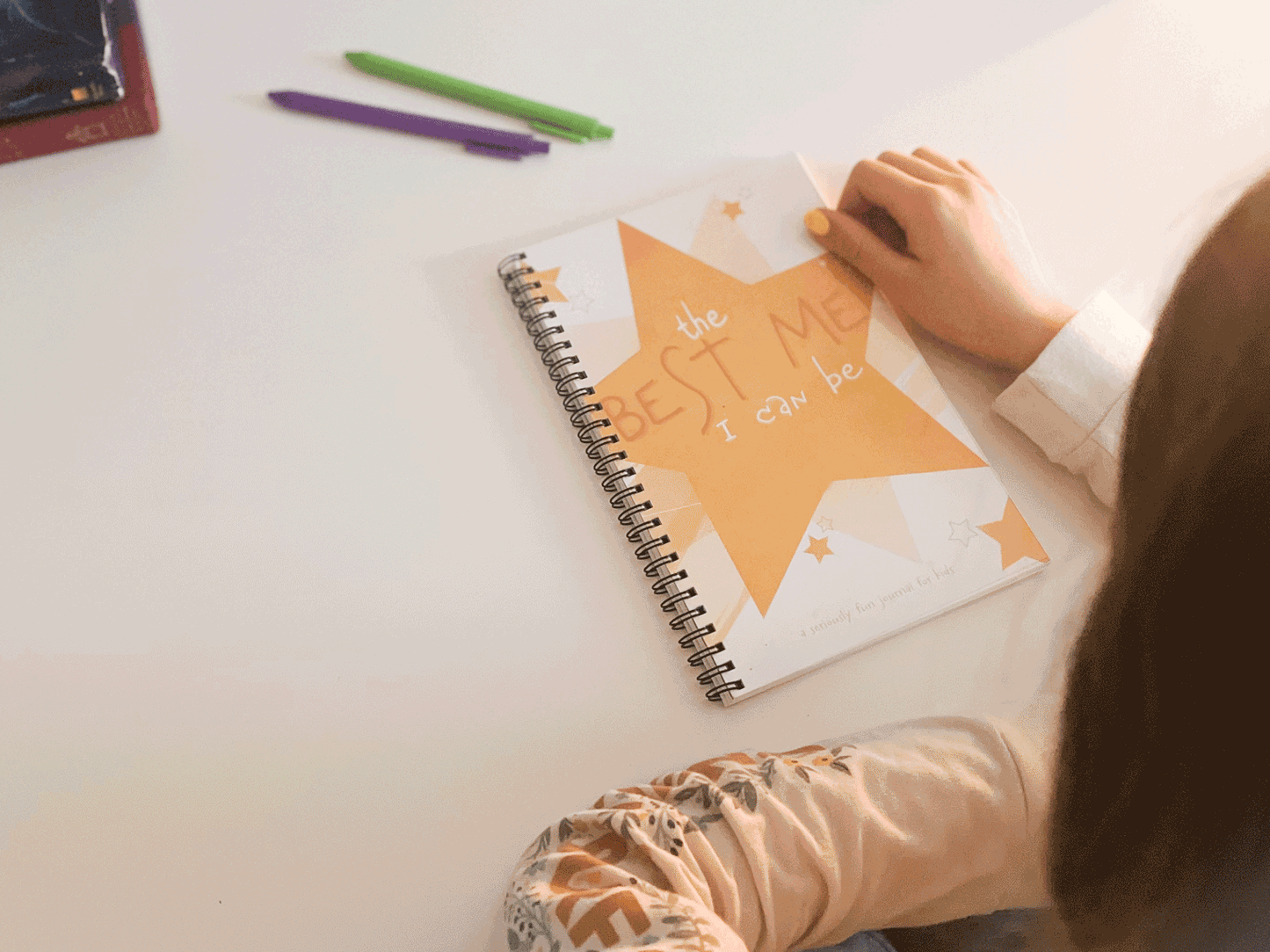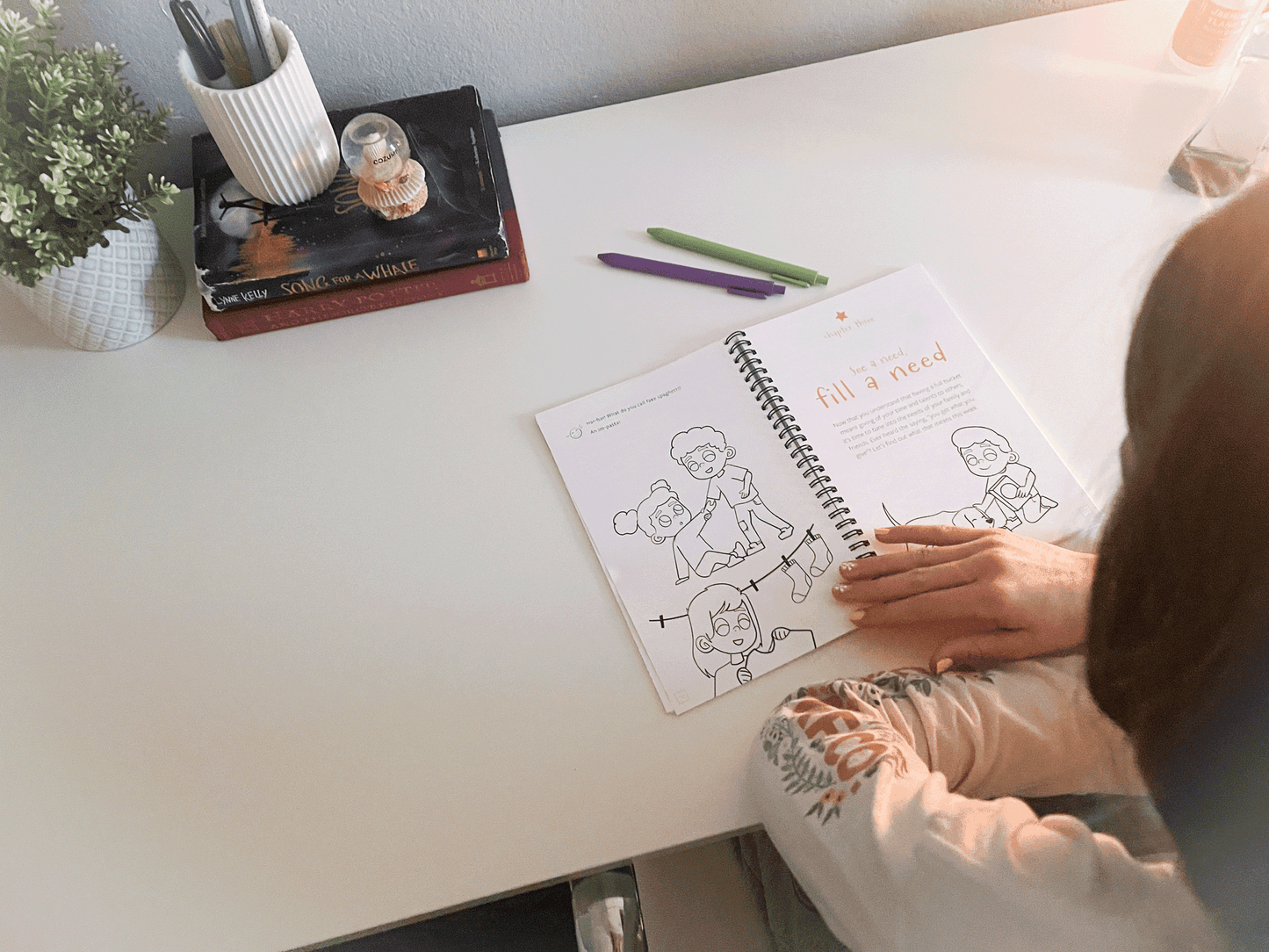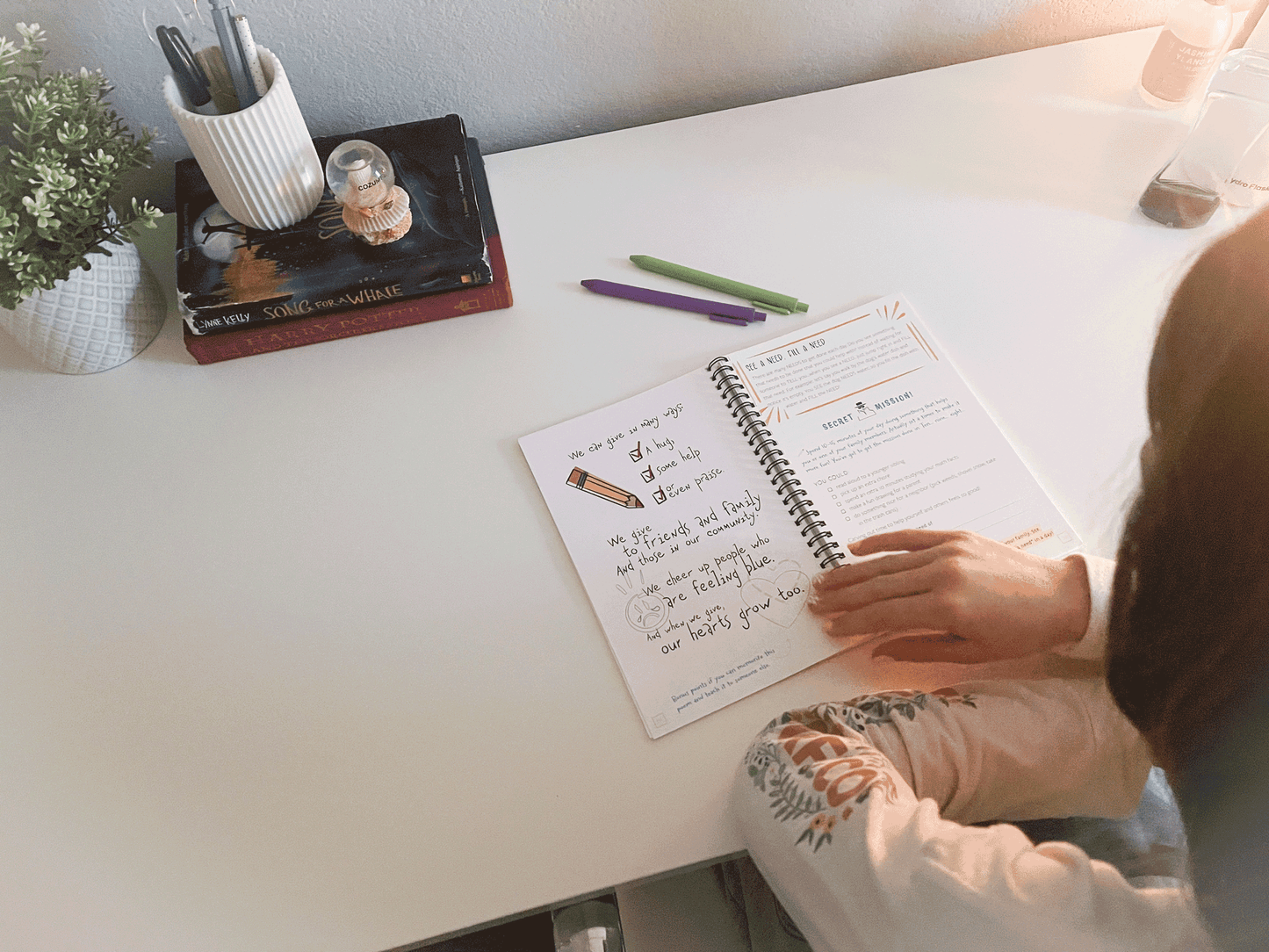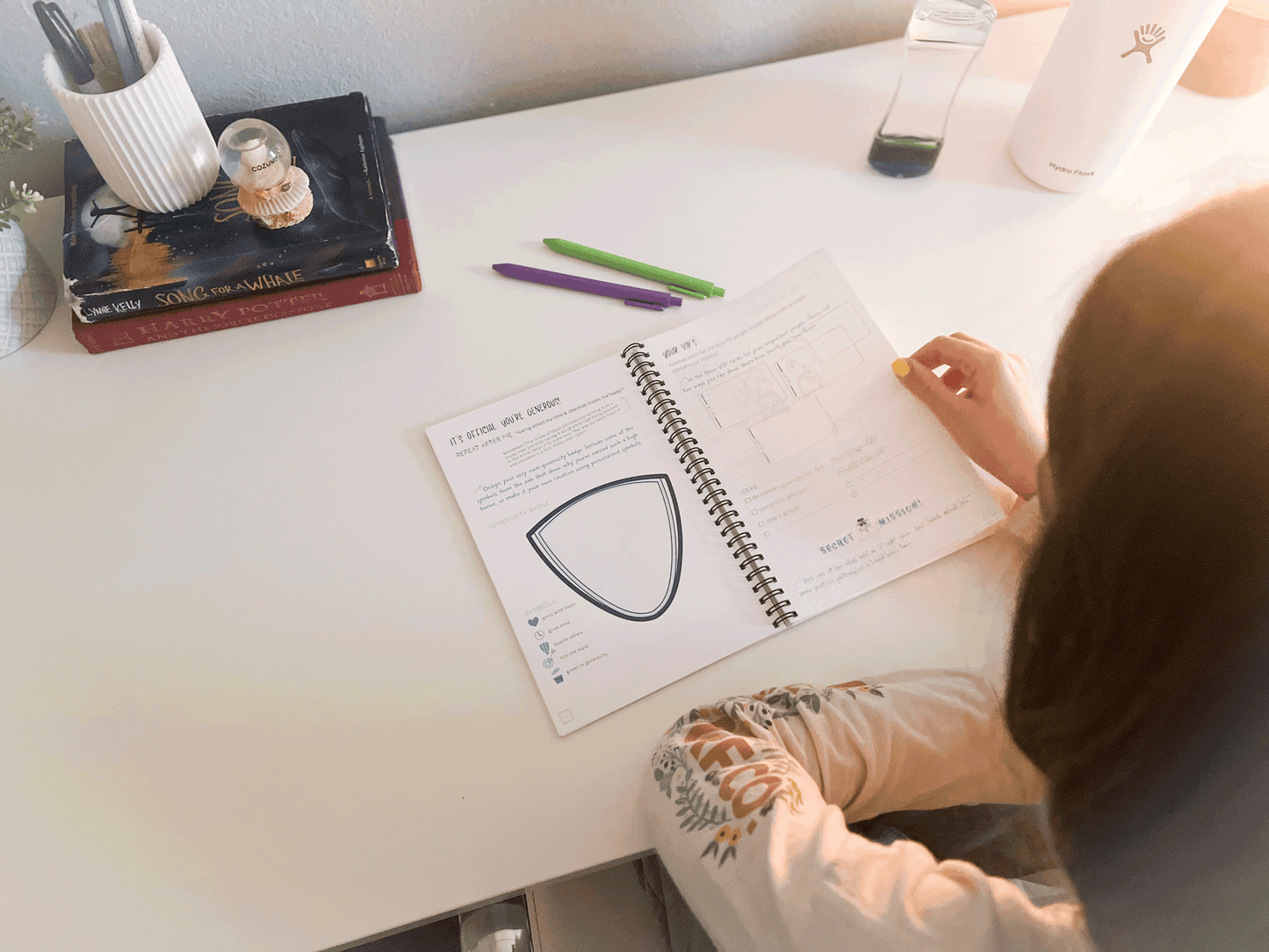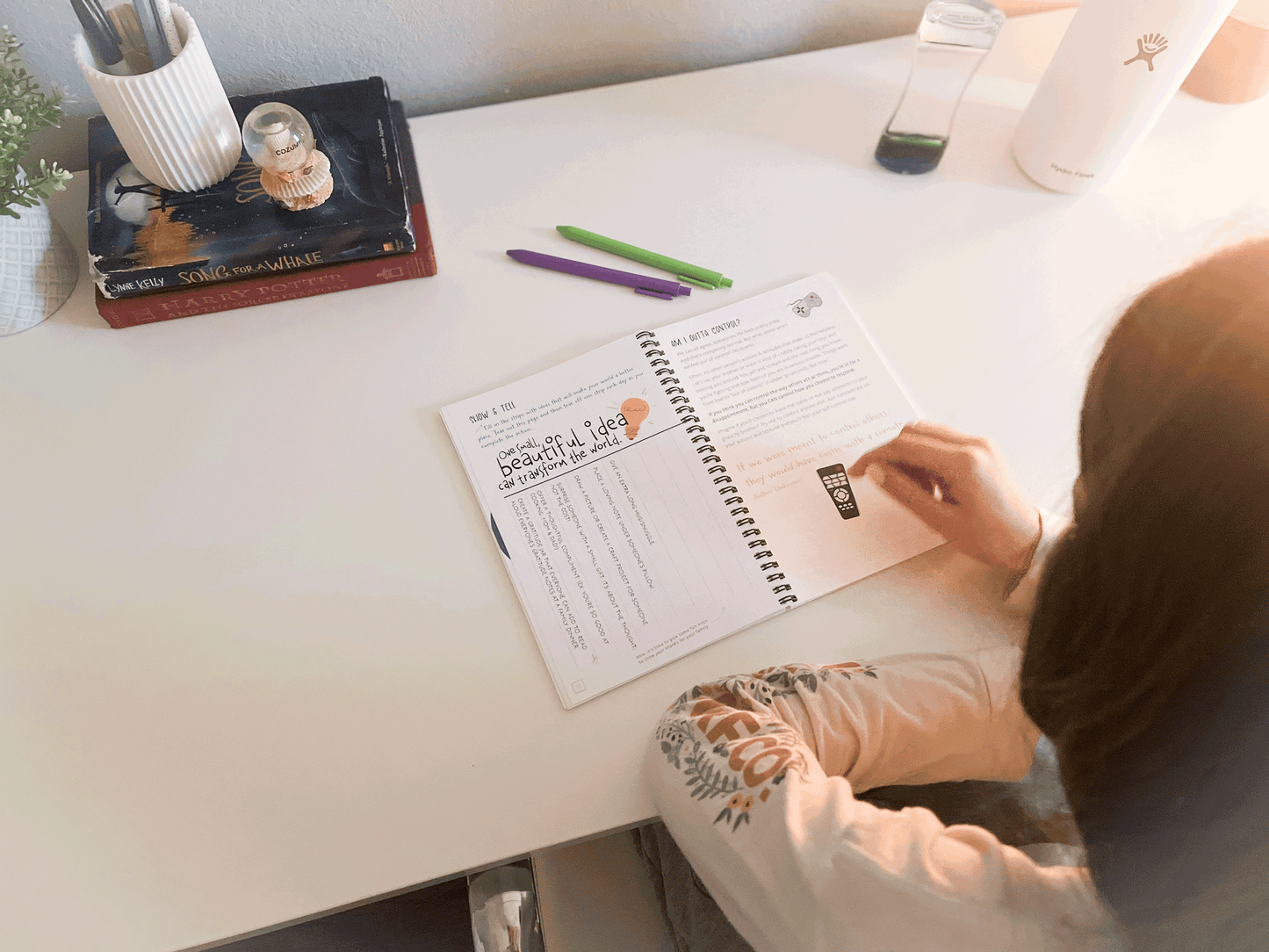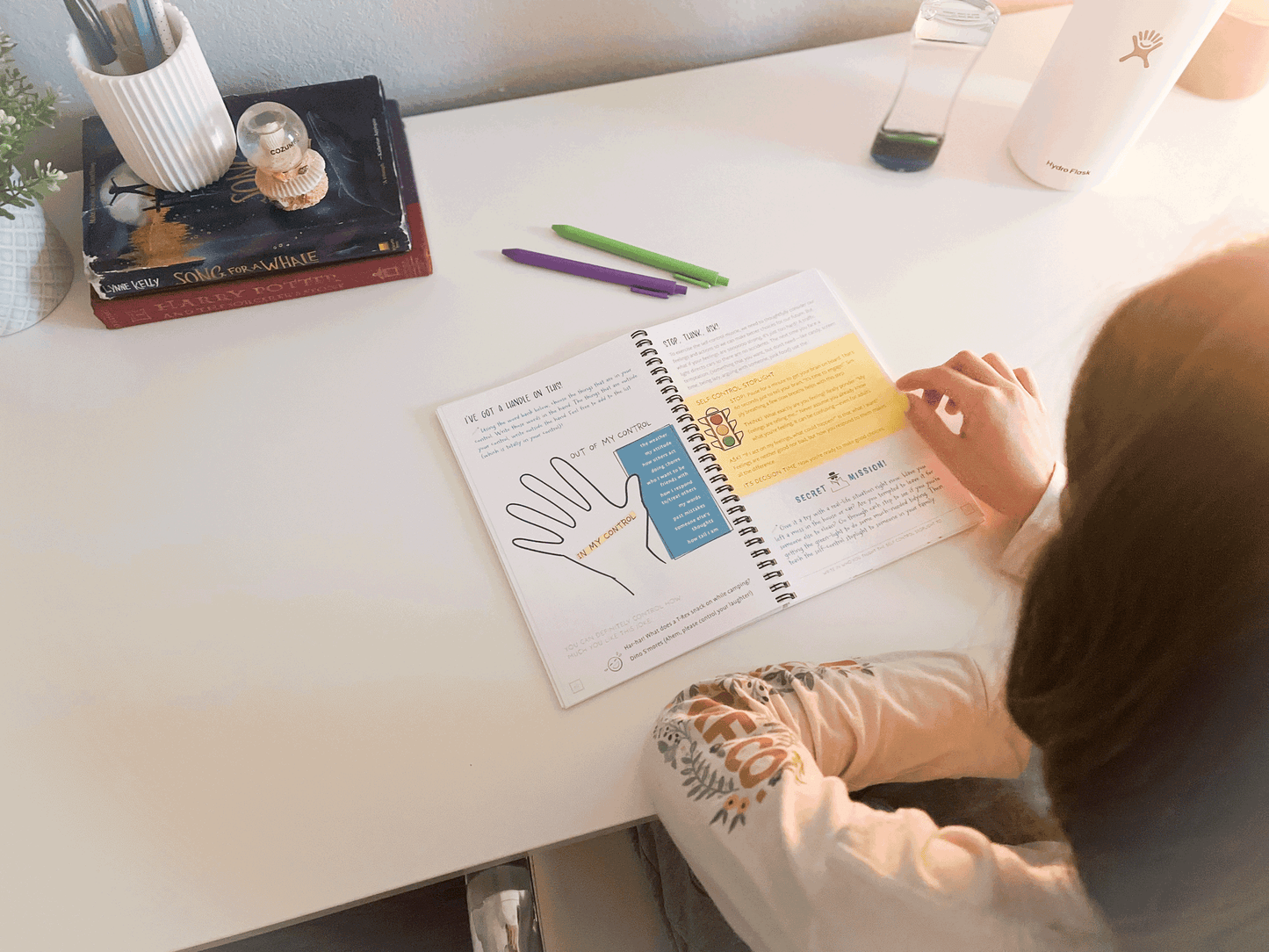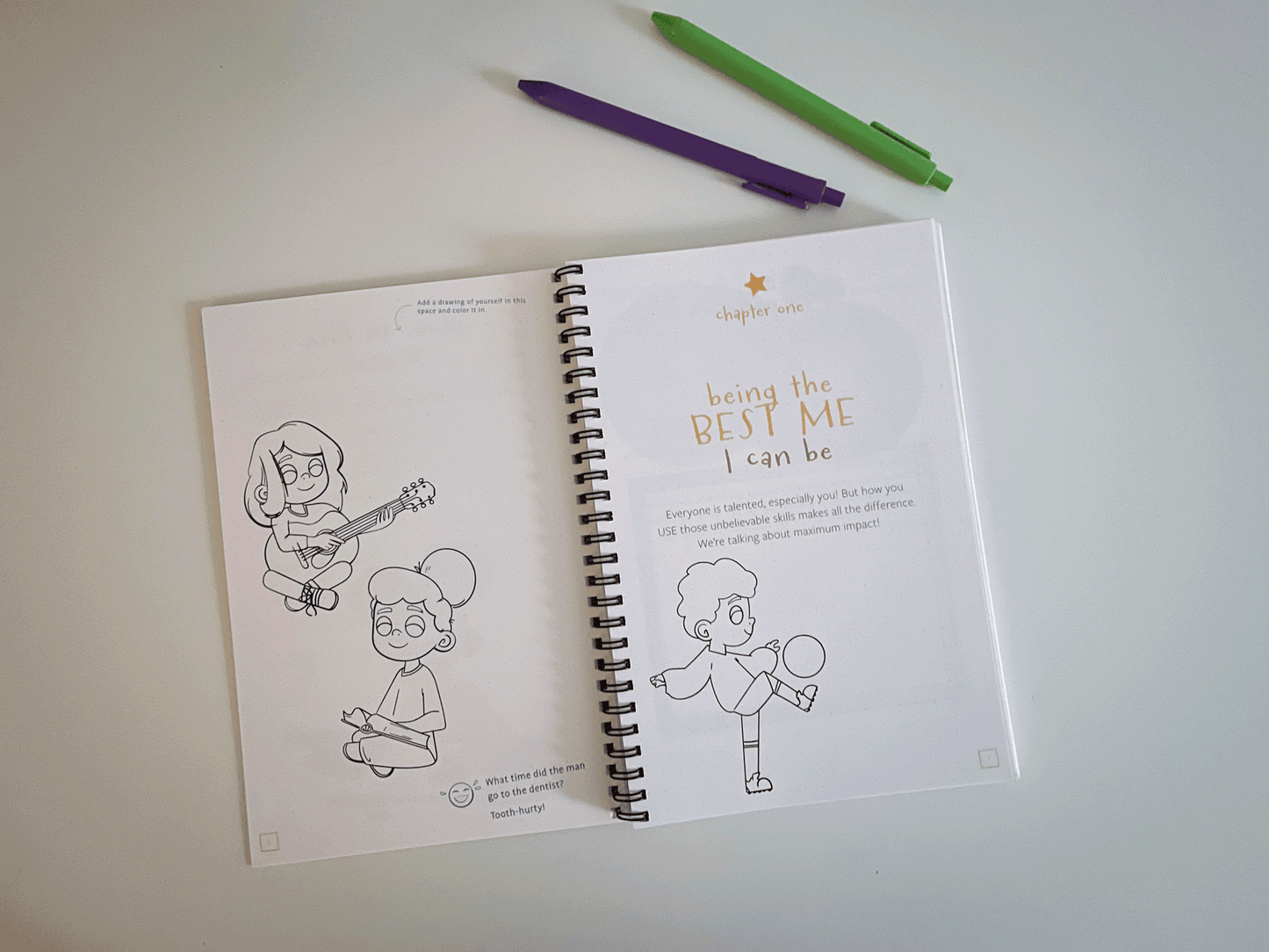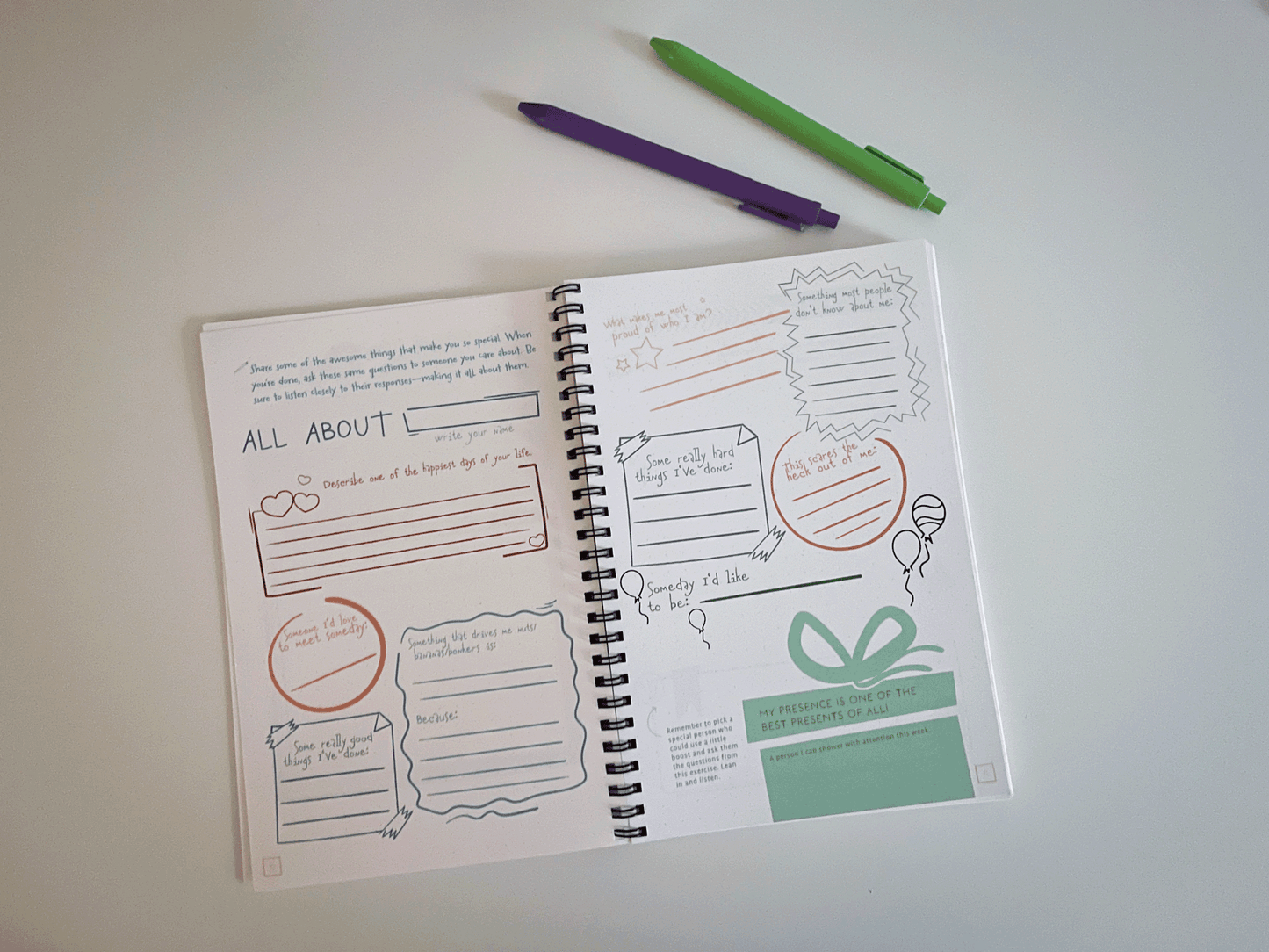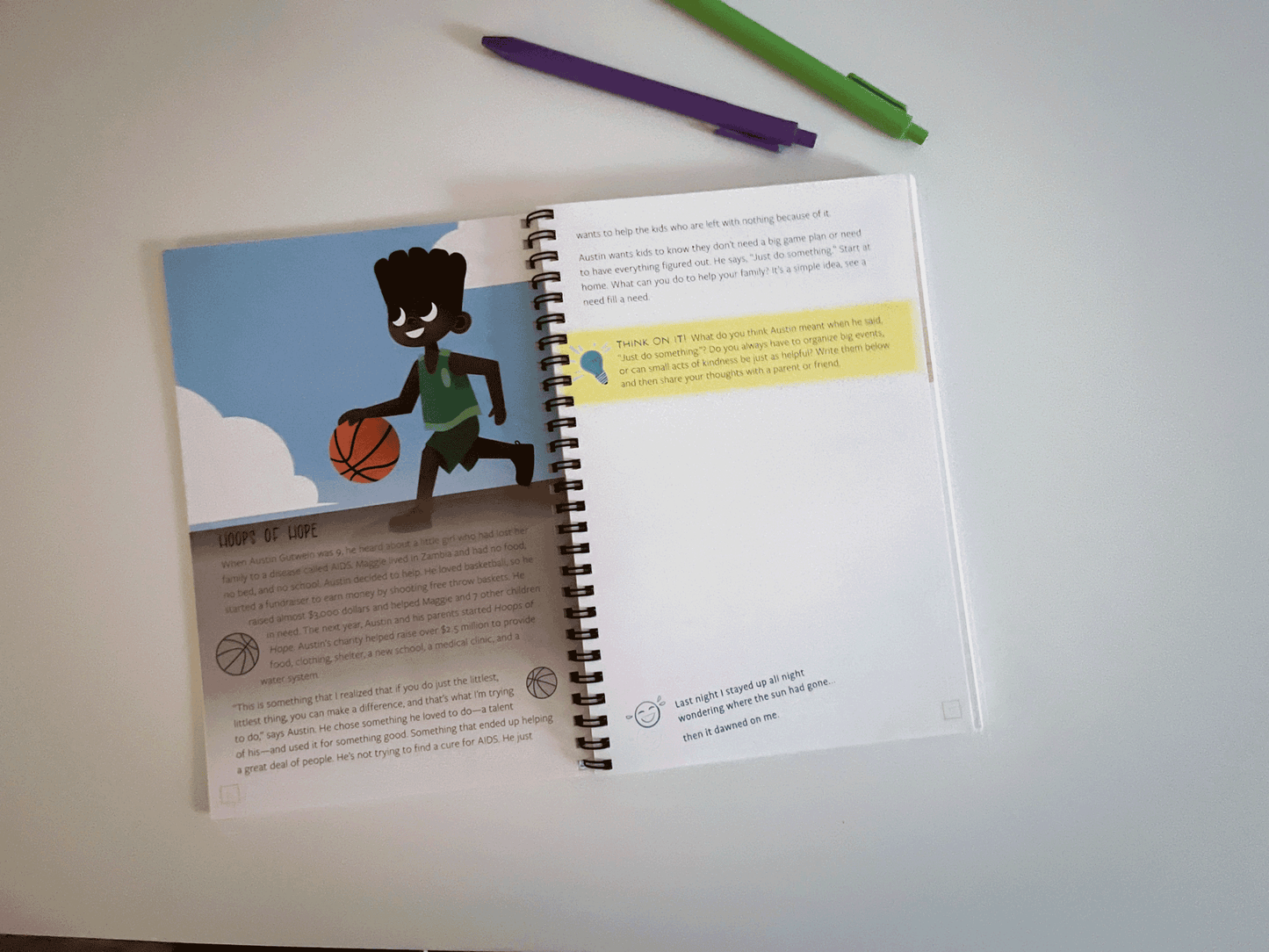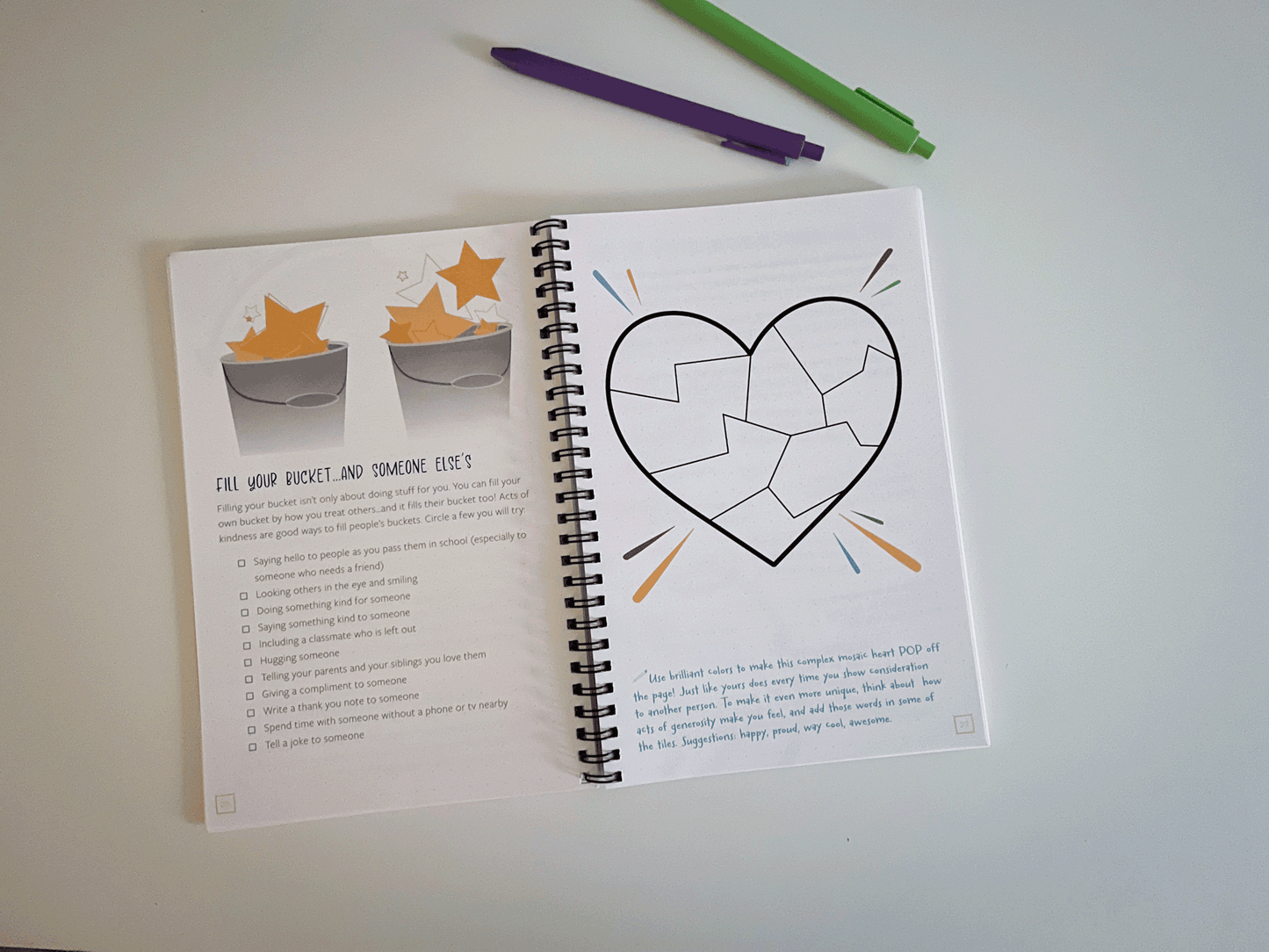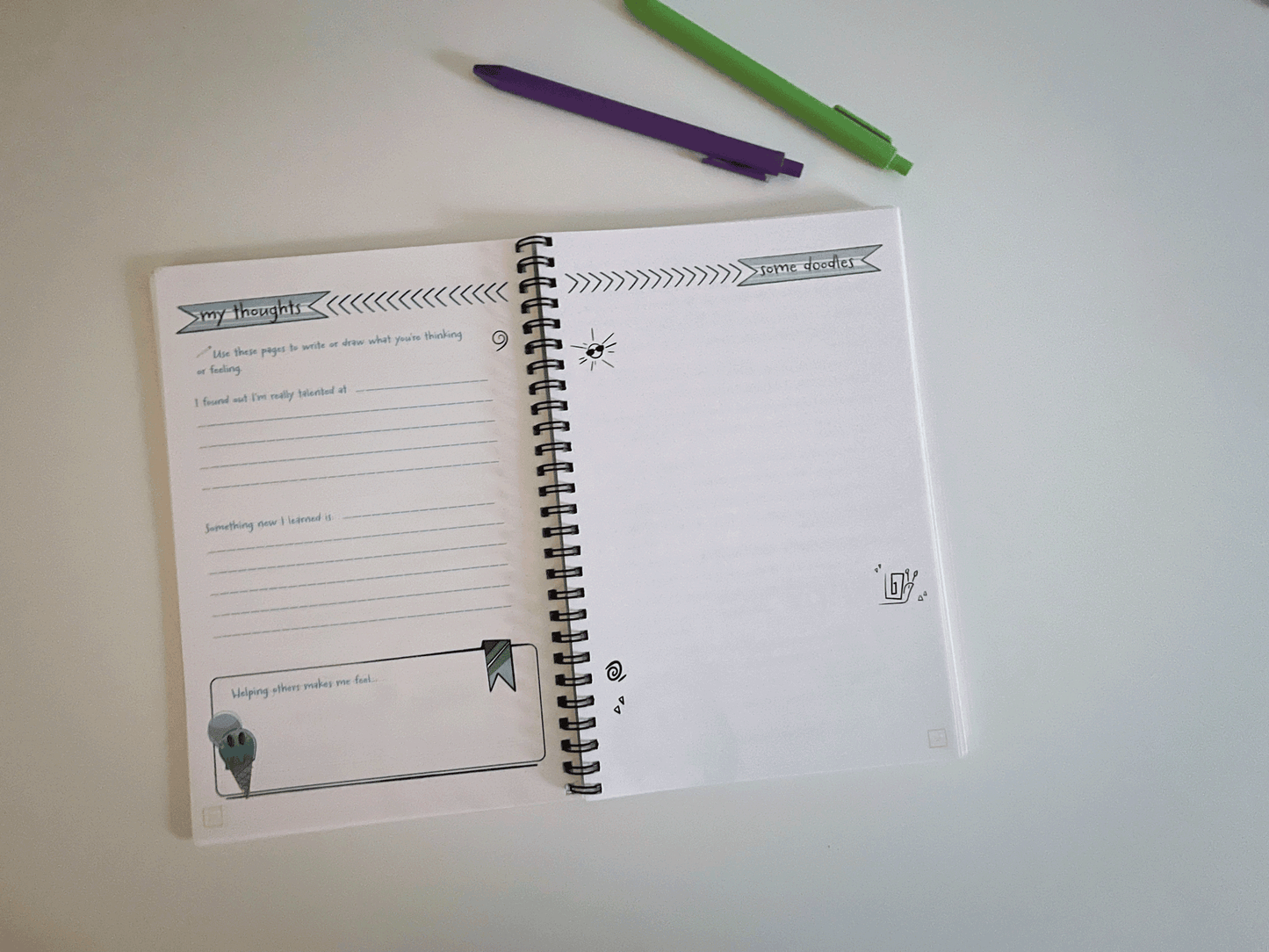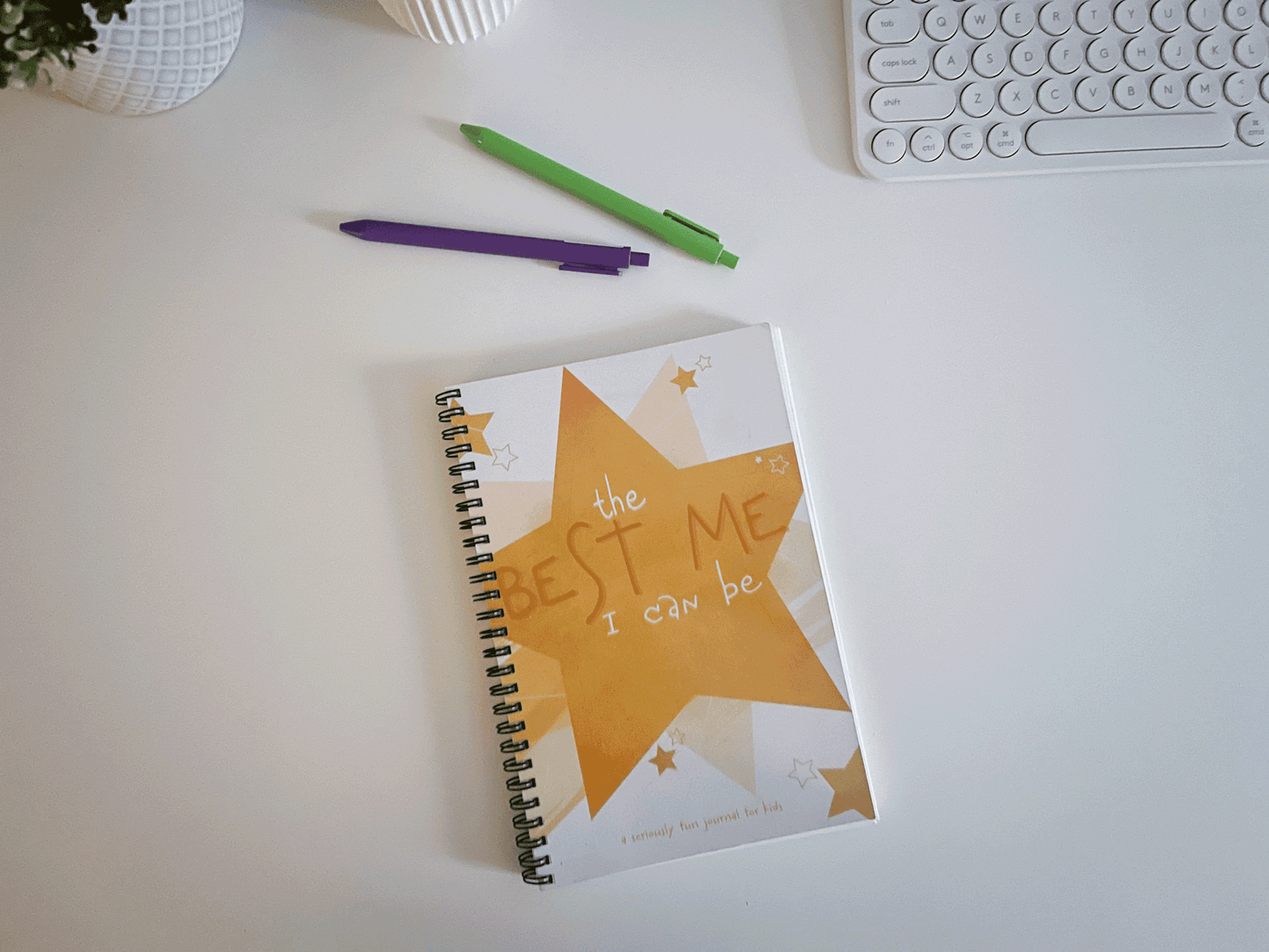Why I'm a Proud Platypus Parent
Mary Jo GerdSo, what kind of parent are you? Here’s a clue, you may have to peruse your local Walmart or zoo for the answer. Yup. According to the current psychological trends of the Western World, you’re either a: dolphin, tiger, elephant, lawnmower, or helicopter.
Really? Who knew there were so many possibilities? And what do they all mean?
In case you’re like me and have a very vague notion of these classifications, I’ll give you a rundown on the five basic parenting styles as defined by pop psychology.
-
You’re a dolphin if… you’re a super flexible parent and don’t want to force anything. Play, exploration, and downtime are your big pillars.
-
You’re a tiger if… you put academics and organized sports over leisure time. You drive your kids to excellence by presenting them with limitless challenges. A lot of tough love!
-
You’re an elephant if… you value emotional connection in parenting over academic or sporting success. You never raise your voice and are fine with sharing beds. No pushing ever.
-
You’re a lawnmower parent if… you mow down all obstacles in a kid’s way or complete them in their place. Kids are shielded from all major challenges. Parents do the work and give credit to the kid.
-
You’re a helicopter parent if… you are constantly hovering in a kid’s life and not allowing them any freedom to explore or make mistakes on their own.
Did you see yourself in any of these? Or if you’re like the majority of good, loving parents, you are some combination of many of them. This is what we call a measured response to parenting. In each of these categories, we can see pulls to the extremes. But a healthy life is not about extremes!
However, as humans, we all have a natural inclination to be pulled to opposite poles, (hello election cycle 2020!) But a more wise and healthy approach avoids extremes and instead focuses on a more measured answer to complex issues. Easier said than done!
We all want the magic bullet answer to our problems. (It’s so much more exciting.) Think about the gazillion fad diets out there. We could all choose to consume healthy, well-balanced meals when available, and get outside for a daily 20-minute walk. Boring! Instead, we obsess about the super cool Gisele Bündchen beet and root diet and purge our cupboards of anything that has scant traces of carcinogenic unicorn poop in it. Ok, that last part I totally made up. But we’re not far off, folks.
Being a good, responsible parent means bobbing and weaving in each circumstance as it comes. It means flexibility at times, and some real firmness other times. It means gentleness and emotional connection, while other situations call for a separation to allow teaching moments, AKA: failures. (See our blog about this).
Talk to an elderly person who has raised many kids. They will tell you there is no one-size-fits-all approach to parenting.
I remember when my second child came along. My father-in-law, who successfully raised six wonderful children with his wife, looked at my second baby boy, and ruefully said to me, “Well, pitch the other boy’s instruction manual. It won’t work for this one. You gotta start all over!” He was absolutely right. What works for one of my kids as a motivator or punishment does not work as well for another. As good parents, we are always fine-tuning the sweet spot for each kid. Besides, they’re constantly changing as they grow and develop. That means we have to account for those transitions.
Drew Barrymore recently explained that her experience in boarding schools was very similar to Paris Hilton’s. Both were big-time partyers whose parents didn’t know what to do with their rebellious kids. So, the Hiltons and the Barrymores sent their little darlings to reform schools known for breaking kids of bad habits. While Barrymore was grateful for the punishments and restrictions, Hilton felt traumatized and damaged by the harsh treatment. Perhaps, Barrymore’s school was more altruistic in their approach, but is it possible that two unruly teenagers can experience things in very different ways?
It’s so important we get to know our kids: their strengths, weaknesses, and temperaments. There’s a great book that helped me learn more about myself, my husband, and children on this very topic called, “The Temperament God Gave You.” It helped me to see each of the members of my family with more compassion and less criticism. We can actually highlight our different gifts to make our family stronger and more cohesive. But that requires avoiding extremes and doing some necessary adjusting along the way.
So, if I were to speak to one of those zany experts about parenting classifications, I’d tell them to widen their view—A LOT. I’m more of a platypus parent. Take the platypus—it oddly lays eggs and is a little strange looking compared to other mammals, but nonetheless, it’s uniquely a mammal. The platypus defies the regular classifications. I don’t look like all other moms, nor does my style, and I do some things that other parents don’t, but nonetheless, I’m a good mom. I like to keep my kids and hubs guessing as I bob and weave my way through issues. The platypus parent will not be pigeon-holed.
Too many animal references? Hopefully, you get the drift. Defy stereotypical classifications. Piece together from many resources what works for you. You know what’s best for your kids and family. Work to each of your strengths and gifts, while being mindful of pitfalls and weaknesses. Be uniquely the Smiths, the Jones. The Büdchen/ Bradys, go ahead and do YOU, beets and all! Aiming for a responsible parenting style means tapping into your uniqueness as a family. Lord knows, we all have plenty of that. Let’s hear it for all responsible platypus parents out there!
